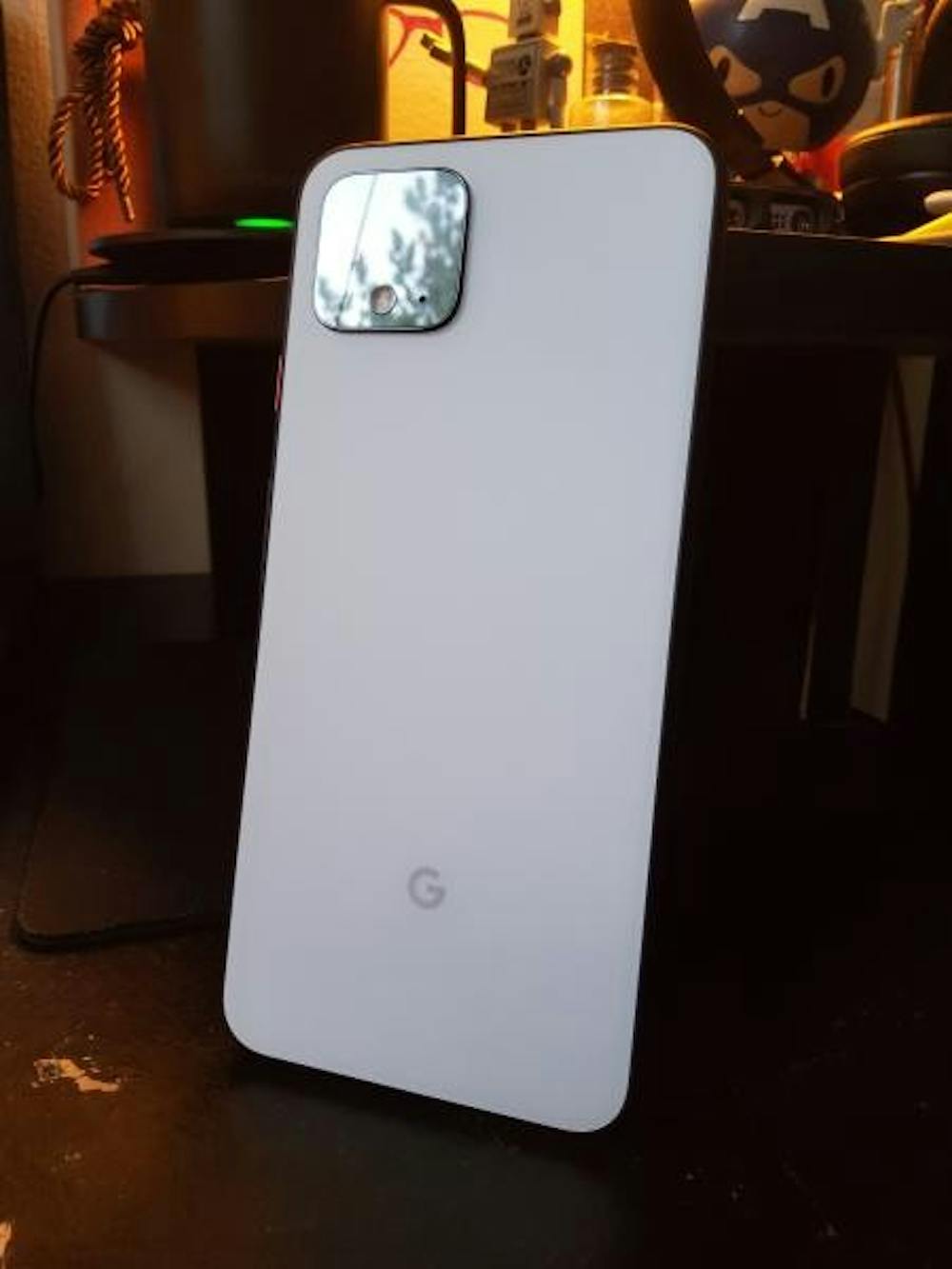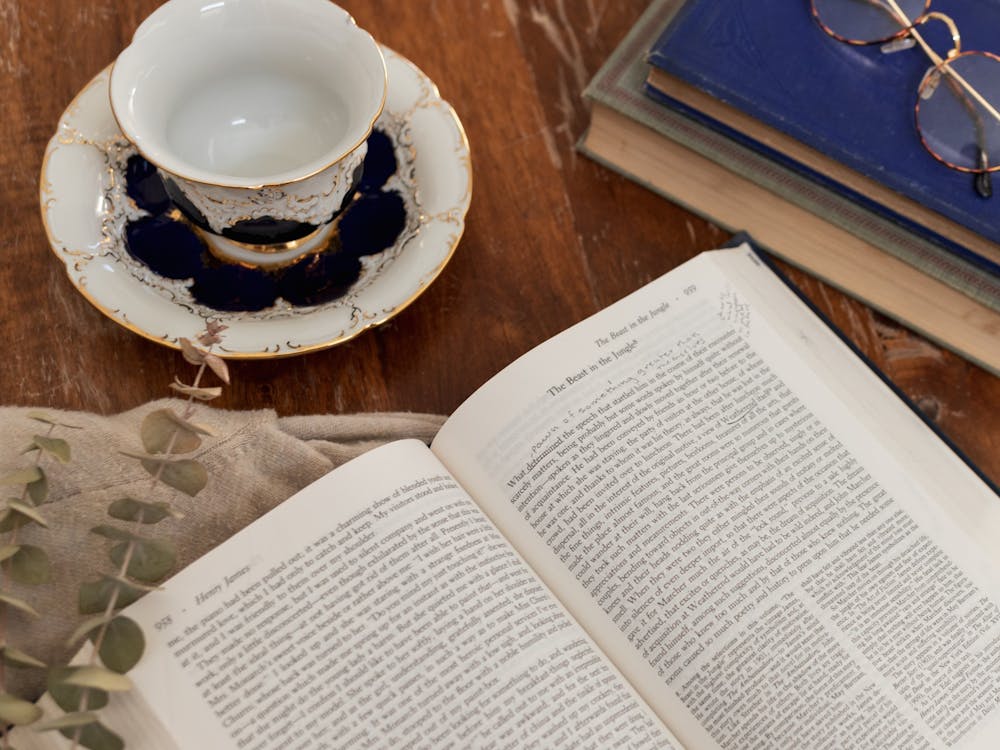Every day for the past few months, I wake up, unfold my phone and check my emails. Then, with a powerful clack, I shut it again.
The thought of folding phones like my Motorola RAZR seemed ridiculous to me. Why would you need to fold your phone in half? Won’t it break?
I was curious enough to try one myself.
It’s not perfect. There’s a crease on the inner display — a few, actually. That creased display is also made of plastic, so don’t go rubbing your keys into it. The back panel where the fingerprint sensor lives is also very prone to scratches. And, as fun as flipping it open is, it’s dangerous. Very dangerous. If you happen to have butterfingers, almost no one under the sun can help fix your quirky flip phone if it breaks.
It doesn’t have the best camera, or the fastest specs and it skips a lot of the “premium” features of the modern day smartphone.
Also, when the phone launched, it was $1399. Phones are too expensive as it is, but that was absurd. I was lucky to get it on sale.
I was a skeptic. I thought all of that would matter. I thought folding phones were fragile, silly and a waste of money. I thought I was happy with the glass rectangle everyone is accustomed to.
I was wrong. But I never should have never bought it in the first place.
I love my folding phone
This device gives me a feeling of confidence a phone has never offered — of the 12 phones I’ve had since 2016, the RAZR 5G is the most remarkable by far (RIP Pixel 4, we’ll talk about you later).

Photo courtesy of Austin De Dios.
For those of you who don’t know, the RAZR is a revival of the beloved Motorola RAZR of old. Think of it as a normal smartphone that folds in half (yes, it’s a real thing, people didn’t make it up).
It has a small, yet functional, outer display that I check my messages on. When I need a “normal” phone, I open it up and go about my day. When I put it away, I get that satisfying sound of the hinge snapping shut and a lot more room in my pocket.
It’s not just the design I cherish, but the way it makes you feel. It’s simultaneously retro and futuristic. When I go to use the phone, it’s not the typical mundane motion most iPhone-users are familiar with. It’s a show, demonstrating complex hardware acrobatics.
Oh, and don’t even get me started on hanging up. Let’s just say pressing the red button seems pretty lame now.
That said, I would never pay the full price. But those prices for folding phones are coming down, and the tech is improving.
Despite its problems, my RAZR is the best piece of tech I’ve ever owned, bar none. So you know when I tell you I would fold that bad boy up and take it back without a second thought, I have a good reason.
Don’t let your phone go so easily. I’m sorry, Pixel 4.
The RAZR didn’t necessarily reveal my secret love for folding phones — though that was a piece of it. It showed me that I was tired of the way things were.

Photo courtesy of Austin De Dios.
For close to a decade, I’ve tracked smartphones like venture capitalists watch startups. It’s a passion of mine. And over these 10 years I’ve noticed a fact we already know and need to confront: Our consumption habits are not sustainable.
I know things have improved. We’ve made strides in right-to-repair movements and smartphone longevity, and manufacturers are releasing sustainability reports on their products. But US smartphone buyers still replace their phone about once a year on average.
That’s a lot of phones, not to mention all the ones that were broken, lost or eaten by animals (it happens) and had to be replaced. And, of course, people like me are only encouraging that behavior.
The marketing behind the yearly smartphone release is always encouraging us to buy the “new and improved” model. They reveal exciting and innovative features, new designs, revive old designs to invoke nostalgia, make quality production commercials and send review units to our favorite internet personalities, all so that we toss our old phone aside for the glorious next gen.
I bought into it all. Each new phone felt like a testament to expanding human ingenuity, one I could hold in my hand. I thought having the top of the line smartphone was like the clothes you wear — a way to express your personality.
But, my mind was changed. Not by my RAZR, but the phone before it. I had the Google Pixel 4 for over a year, and letting it go was a big mistake.
It was clunky, weird, small and the battery died like nobody’s business. But for the first time ever, I was sad to let it go.
“Why?” I thought to myself. Why would I choose such an “old” phone? A year before I would have sneered in disgust at the thought.
But all those quirks and its age gave it personality. Instead of getting upset when it did something weird, I found myself laughing, like I was reminiscing on old times.
Truthfully, It reminded me a lot of myself — trying its best and not always making the mark, maybe doing something remarkable once in a while.
The Pixel taught me that your phone should be something you care about. It’s been with you day in and day out, there for your darkest moments and greatest accomplishments. It has connected you with family and friends thousands of miles away, entertained you in those drab waiting rooms and maybe even saved a life or two.
Memories aren’t just photos in the cloud. There’s something to be said for the physical device that captured all those good times. Maybe I’m just a sentimental guy, but it feels wrong to just throw that all away so easily to get something new and exciting.
Outside of sentimentality, phones are good enough to last several years now. I have an old iPhone 7 I use on the weekends, and it’s still got all the updated software I need to carry it with me. Phones don’t need to be replaced every year, that’s just a fact.
If I had my choice, I’d take my Pixel back. I’d use it until the screen fades like a dying star, and then I’d recycle it. Not only because it’s the responsible thing to do for the environment’s sake, but because it was my goofy electronic companion. It deserved better, but I hope it was refurbished and is living out its days with someone else.
The future isn’t in the past, though.
I can’t ask you to hold onto your phone forever. Phones break, things fall apart and after a while those digital safety updates stop coming through. It’s not the solution to the problem.
So what is it?
Modularity.
Phones should be like a custom PC, with each individual part being replaceable with relative ease. I want to pick every piece of my phone, and I want those pieces to be made responsibly and sustainably.
Not only would that personalize your experience, but the clumsy wouldn’t have to replace their entire phone when it’s dropped or ruined. Those who want the top of the line can upgrade individual parts, instead of wasting money on a new device.
It’s not a new idea, but it’s one I want to support and inform you on. A perfect example is from FairPhone — a company that makes modular phones from recycled materials. It’s the only smartphone company to be certified Fairtrade Gold, according to its website. The website also promises that its most recent phone will last “longer than the average relationship,” which I find hilarious. It doesn’t have the same flexibility I’m suggesting, but it’s a start.
I’m tired of the smartphone market. I want it disrupted. Not by folding technology, innovative features and the status quo, but reliable and sustainable tech that we can keep for years at a time.
That change starts with us, and our consumption habits. So before you buy that next iPhone, think about everything you’re supporting when you do.
Maybe you could hold on to that old phone for a little bit longer. Maybe you could learn to fix the broken bits by yourself, too — YouTube is a powerful place. Or, try something completely different.
Austin De Dios is the Editor-in-Chief of The Beacon. He can be reached at dedios22@up.edu.
Have something to say about this? We’re dedicated to publishing a wide variety of viewpoints, and we’d like to hear from you. Voice your opinion in The Beacon.








